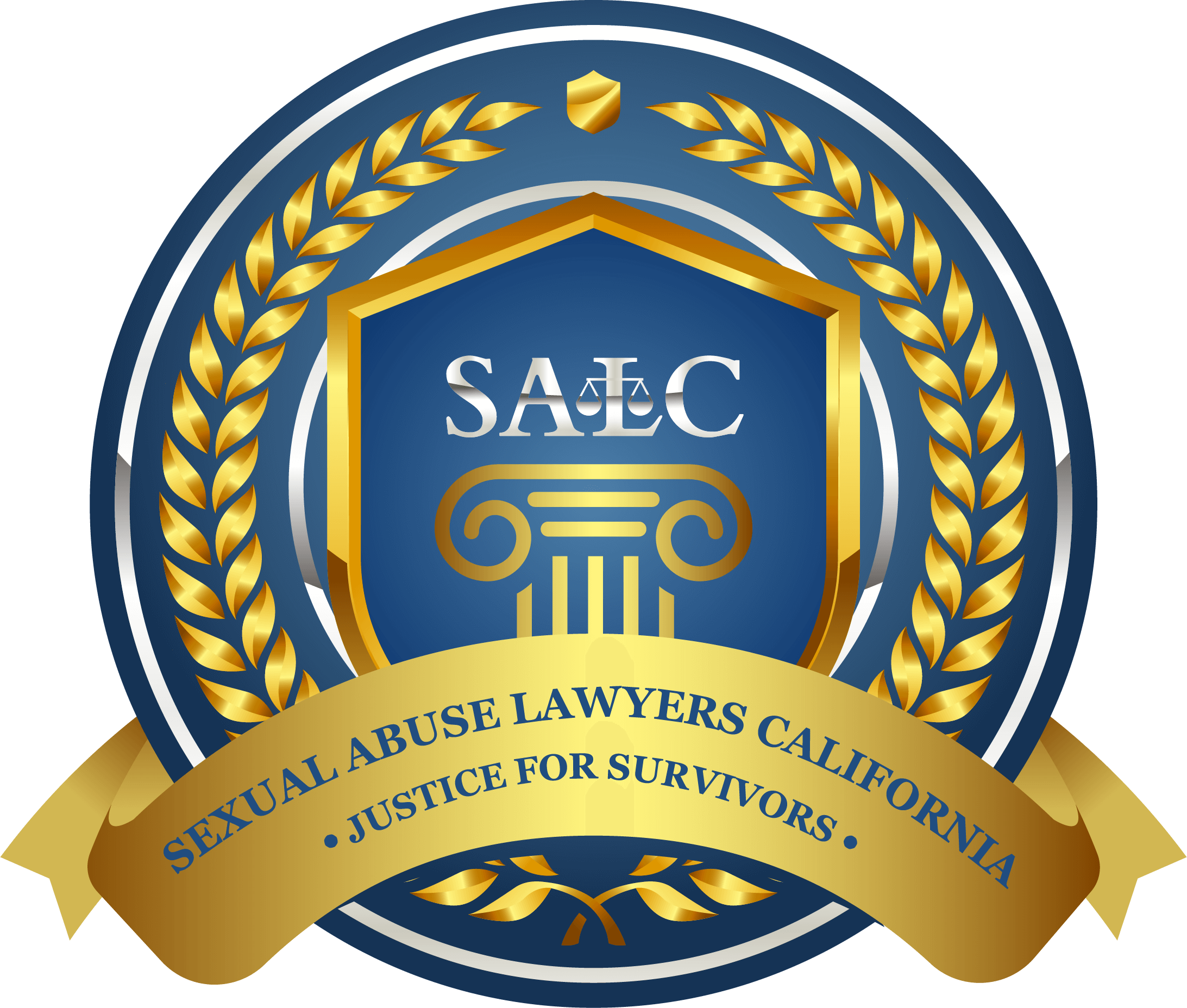Police Sexual Misconduct: A Grave Concern and the Path to Justice
Sexual misconduct involving police officers, including sexual assault and other forms of misconduct, has become a major issue in recent years. When a police officer, who is supposed to protect and serve the public, commits these heinous crimes, it destroys the public’s confidence in law enforcement. To rebuild trust in law enforcement, it is essential to confront this issue head-on and provide justice for police sexual misconduct victims.
Background and Prevalence
Unfortunately, police sexual misconduct is more common than you might think. Numerous reports and studies point to a troubling pattern where police officers exploit their power, engage in sexual assault, or engage in other forms of misconduct. These incidents represent a small percentage of the law enforcement population, but they still tarnish the reputation of the whole profession.
These incidents have caused a disconnect between the public and the police, destroying trust and confidence in the system. For many, this raises the question: where do you turn when those who are supposed to protect you become the ones who hurt you? The prevalence of police sexual misconduct puts a spotlight on the hard work of countless law enforcement officers and highlights the urgency of this issue.

The Faces of the Issue
In one of the most shocking cases, a police officer in the Midwest was convicted of sexual assault. He targeted vulnerable people during a traffic stop. Another case on the West Coast involved an officer who used his power to ask for sex in exchange for getting away with minor offenses. These statistics are made even more human by the personal accounts of victims.
Jane Doe, a person under a pseudonym to protect her real identity, described her harrowing experience with an officer who sexually harassed her during an interview. These personal accounts are just the beginning of the stories that tell the truth about police sexual misconduct. Not only do these cases reveal the ugly underbelly of law enforcement misconduct, but they also serve as a stark reminder of the urgency of systemic change.
Legal Aspects
While police sexual misconduct laws and regulations vary from state to state, there is a common goal to reduce such serious offenses. Generally, a police officer’s sexual assault of a victim can result in serious criminal sanctions, including imprisonment. In addition to criminal cases, victims can also bring civil suits against the officer(s) who committed the misconduct, or even the police department itself for not preventing it.
Police sexual misconduct victims have a legal right to seek redress for the harm they suffered as a result of the misconduct. However, these legal remedies require knowledge and expertise, which highlights the importance of having strong legal representation. As more and more people become aware of police misconduct, there is a growing demand for stricter laws and more transparency about law enforcement practices.
Impact on the Victims
Sexual assault or misconduct involving a police officer can have serious psychological and emotional consequences for victims. Police officers are a symbol of safety and trust, so their involvement in these heinous acts can make victims feel like they are being betrayed and disbelieved.
They may experience increased anxiety, depression, and a deep sense of fear towards authority figures. In some cases, the stigma associated with being a victim may lead other victims to isolate themselves or avoid reporting the crime. The combination of the trauma of a crime involving a police officer and the betrayal of a trusted person creates a complex set of emotional issues that require full support and comprehension.

Steps to Struggle Against Police Sexual Misconduct
The solution to police sexual misconduct requires a multi-faceted approach. At the top of the list is the need for comprehensive training and education programs within the police department. Police officers need to be educated on the limits of their authority and the serious repercussions of sexual misconduct. Community oversight plays a critical role in making sure law enforcement agencies are transparent and accountable for any instances of misconduct.
There are citizen review boards or outside auditing bodies that can provide impartial assessments of police behavior. Additionally, advocacy groups are pushing for tougher penalties for officers who are found guilty of sex crimes or misconduct, which can act as a powerful deterrent. Finally, thorough background checks that dig into an officer’s past and character can help identify and screen out potential risks before they happen, which can bolster the reputation of an entire law enforcement agency.
If you or your loved one has been a victim of police sexual misconduct, take action today. Speak up and demand justice. Your voice has the power to make a difference and make our communities safer. Contact us today for assistance and legal advice.















